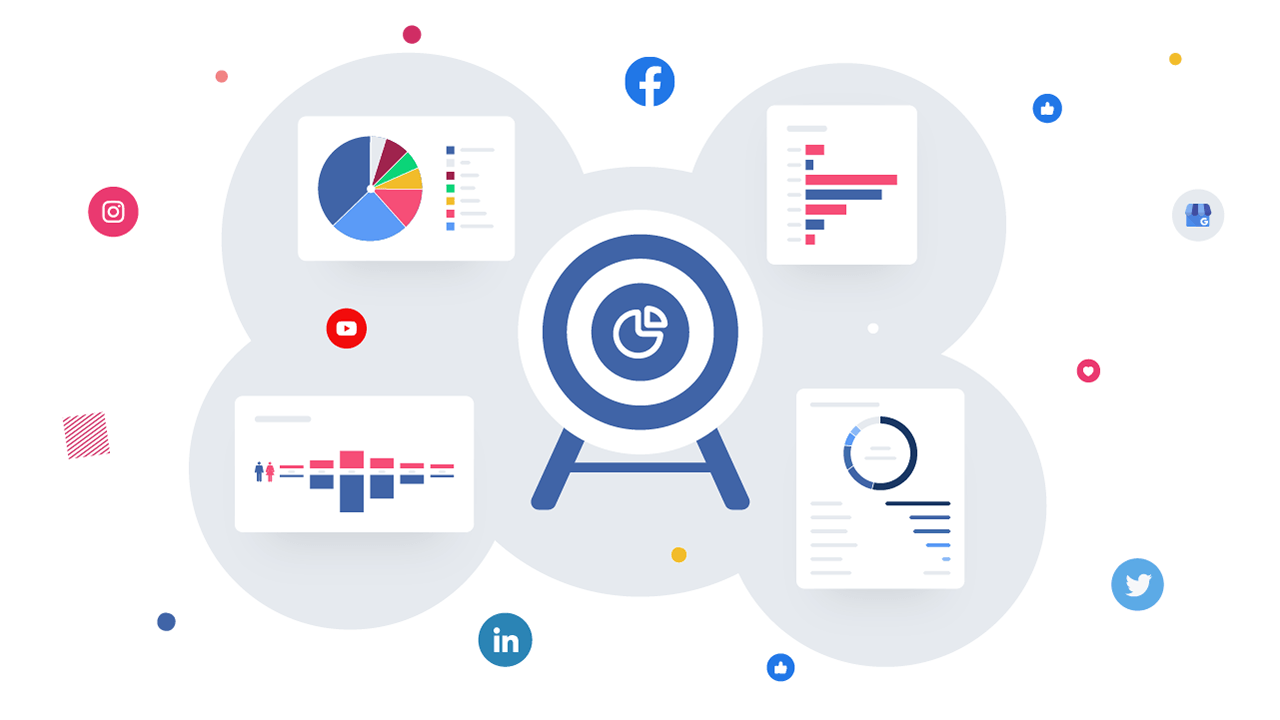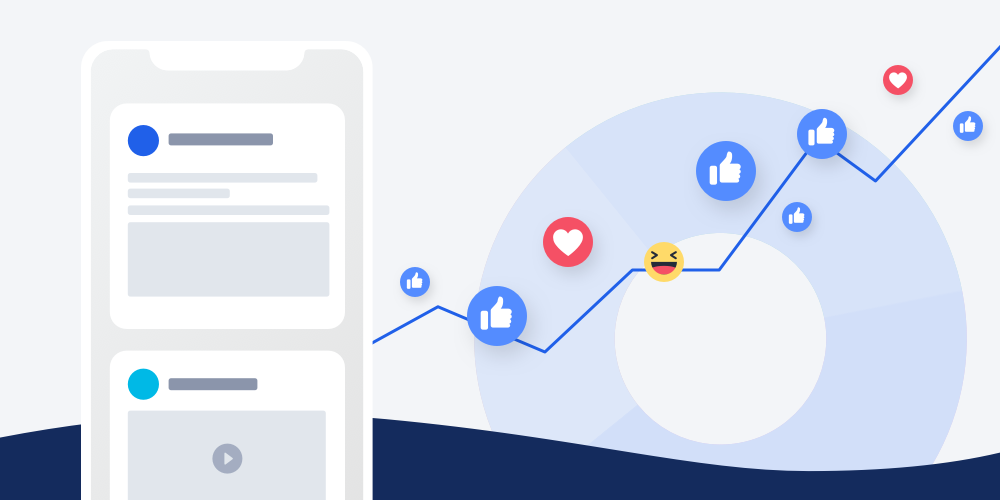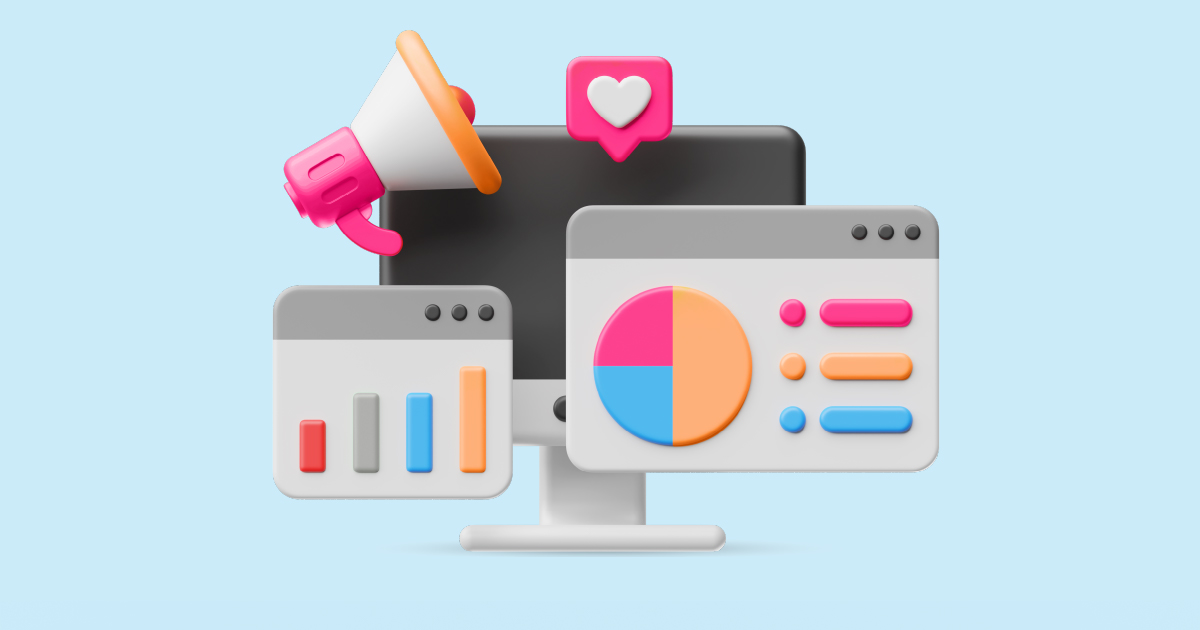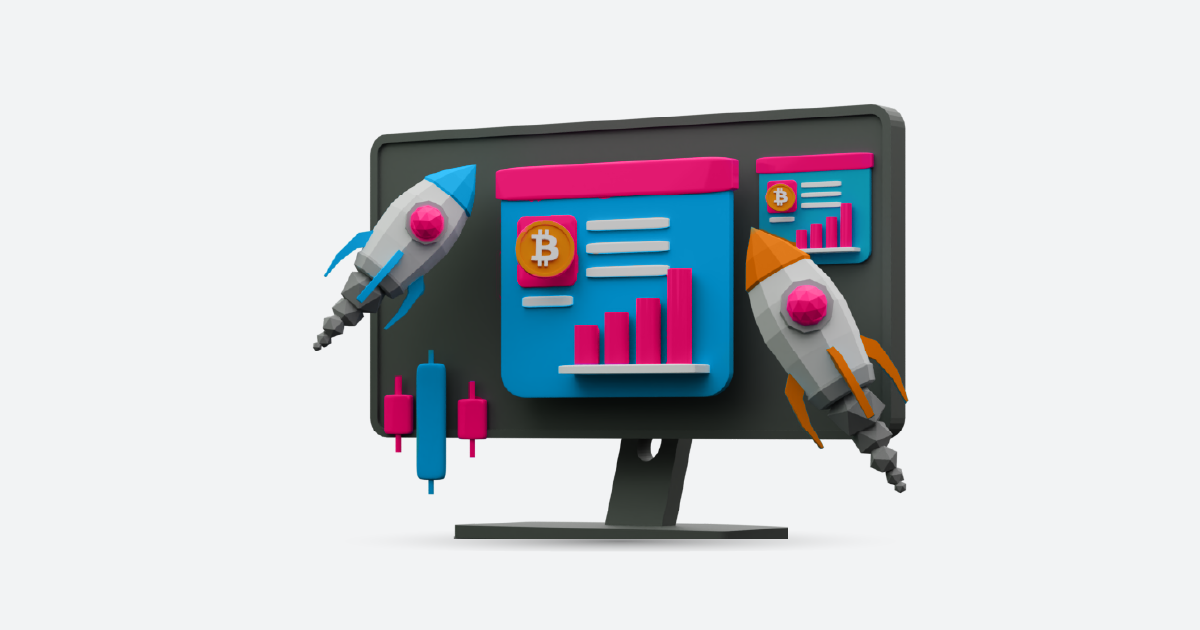In the ever-evolving landscape of digital marketing, the need for precise data and analytics has become paramount. Social media reporting platforms have emerged as indispensable tools for businesses seeking to harness the power of data to enhance their online presence. This article delves into the intricacies of social media reporting platform, exploring their features, benefits, challenges, and the future they hold.
What are Social Media Reporting Platforms?

At its core, social media reporting platforms is a comprehensive tool designed to analyze and interpret data from various social media channels. Unlike basic analytics tools, these platforms provide a holistic view of a brand’s performance across multiple platforms, offering insights into audience engagement, content effectiveness, and overall social media ROI.
Benefits of Using Social Reporting Platforms
The adoption of social media reporting platforms brings forth a multitude of benefits. Businesses can make informed decisions, track performance metrics in real time, and capitalize on time-saving features, streamlining their digital marketing efforts for optimal results.
Top Features to Look for in a Social Reporting Platform
Choosing the right platform involves considering features such as customizable dashboards, real-time analytics, and integration capabilities. These features empower businesses to tailor their reporting experience, ensuring it aligns seamlessly with their unique goals and objectives.
How to Choose the Right Social Media Reporting Platform for Your Business
Assessing business needs, and budget constraints, and reading user reviews are crucial steps in selecting the most suitable platform. A tailored approach ensures that the chosen platform not only meets current requirements but also scales with the business’s growth.
Common Challenges and Solutions
While the advantages are clear, businesses may encounter challenges, including data accuracy issues and resistance to change. This section addresses these challenges and provides practical solutions to ensure a smooth integration process.
Future Trends
Looking ahead, advancements in AI, machine learning, and predictive analytics are poised to shape the future of social media reporting platforms. Businesses should stay abreast of these trends to remain competitive in the ever-evolving digital landscape.
Tips for Maximizing the Effectiveness of Social Media Reporting Platforms
Regularly reviewing and updating strategies, investing in employee training, and utilizing advanced features are essential tips for maximizing the effectiveness of social media reporting platforms. These practices ensure continuous improvement and adaptability to changing market dynamics.
Social Media Reporting Platform vs. DIY Reporting
This section weighs the pros and cons of using a dedicated platform versus opting for manual reporting. By understanding the distinctions, businesses can make informed decisions based on their specific needs and capabilities.
Security Concerns with Social Media Reporting Platforms
As data breaches become more prevalent, ensuring the security of sensitive information is paramount. This section explores the measures taken by social media reporting platforms to protect data and comply with regulations.
Success Metrics and KPIs in Social Media Reporting
Identifying key performance indicators (KPIs) and success metrics is crucial for measuring the effectiveness of social media efforts. This section guides on selecting the right metrics to track and analyze.
User Experience and Interface Design in Social Media Reporting Platforms
A user-friendly interface is key to enhancing the overall user experience. This section explores the importance of interface design and how it contributes to the usability and effectiveness of social media reporting platforms.
The Evolution of Social Media Reporting Platforms
Taking a historical perspective, this section traces the evolution of social media reporting platforms, highlighting key milestones and innovations that have shaped their current form.
Conclusion
In conclusion, social media reporting platform has become indispensable assets for businesses navigating the dynamic landscape of digital marketing. The ability to glean actionable insights from data empowers businesses to make informed decisions and optimize their social media strategies for success. To experience the transformative power of social media reporting firsthand, request a demo from AIM Technologies today.
Frequently Asked Questions
Is it necessary for small businesses to invest in social media reporting platforms?
- Small businesses can benefit significantly from social media reporting platforms, as they provide valuable insights for growth and competition.
What security measures should businesses look for in a social media reporting platform?
- Businesses should prioritize platforms with robust encryption, secure data storage, and compliance with data protection regulations.
How often should businesses update their social media reporting strategies?
- Regular updates are essential to adapt to changing trends and ensure the relevance and effectiveness of strategies.
Are there free social media reporting platforms available?
- Some platforms offer free versions with limited features, but businesses may need to invest in premium versions for comprehensive analytics.
Can social media reporting platforms integrate with other marketing tools?
- Many platforms offer integration capabilities, allowing seamless collaboration with other marketing tools for a unified approach.




